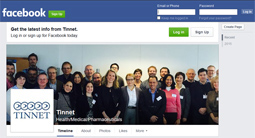First 6 articles published #tinnitusfrontiers
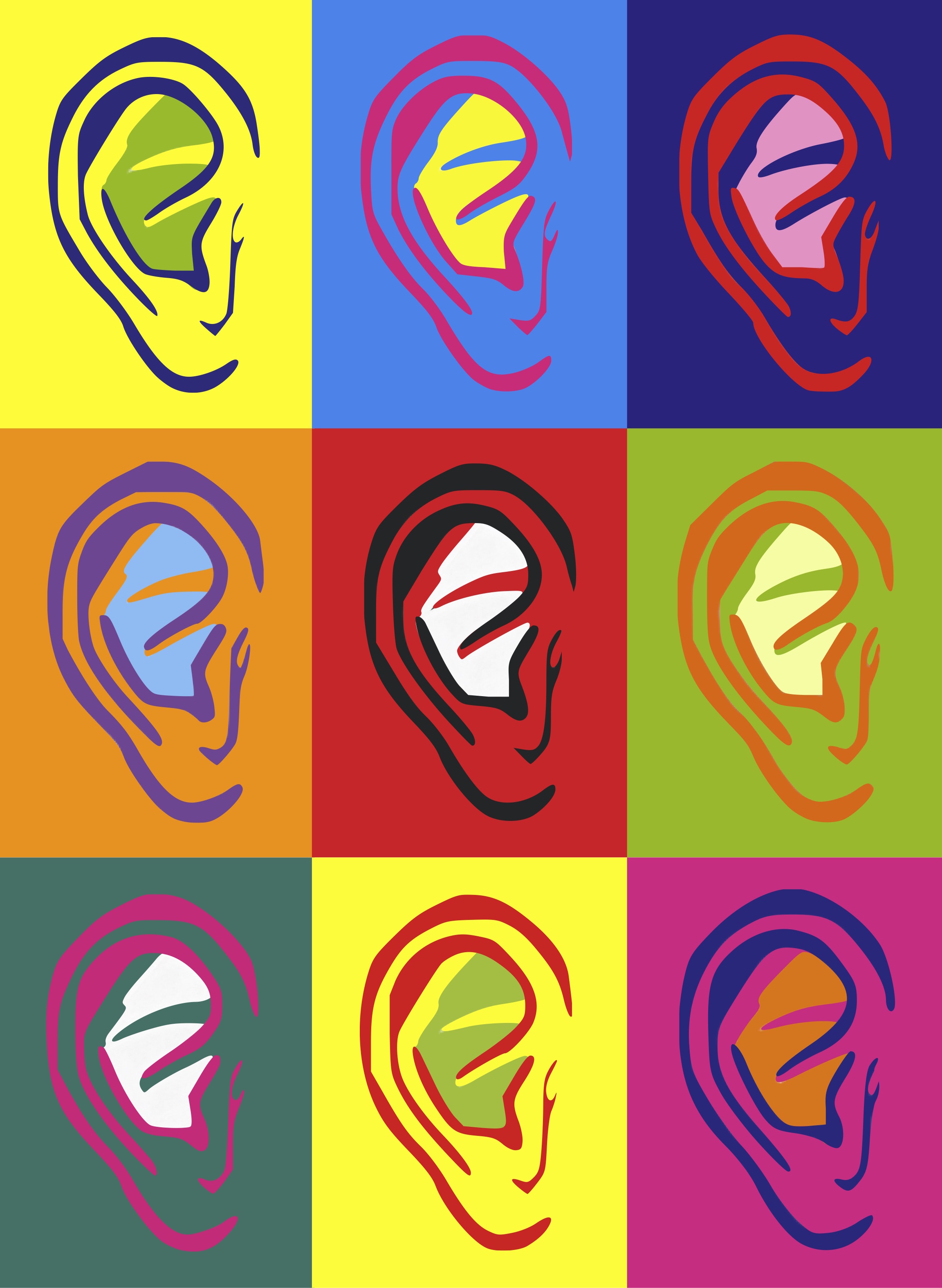
The first 6 articles have been publised in our Frontiers Research Topic:
On genetics of tinnitus: http://tinyurl.com/zcvbkbc
On changes in the cortical networks: http://tinyurl.com/ha46d5s
On gap-detection in different mouse strains: http://tinyurl.com/zn3q2rg
On influencing factors for tinnitus distress: http://tinyurl.com/j5q7kjj
2 articles on tinnitus without obvious hearing loss in standard audiometry:
http://tinyurl.com/hqm29y6 and http://tinyurl.com/gvl6tsg


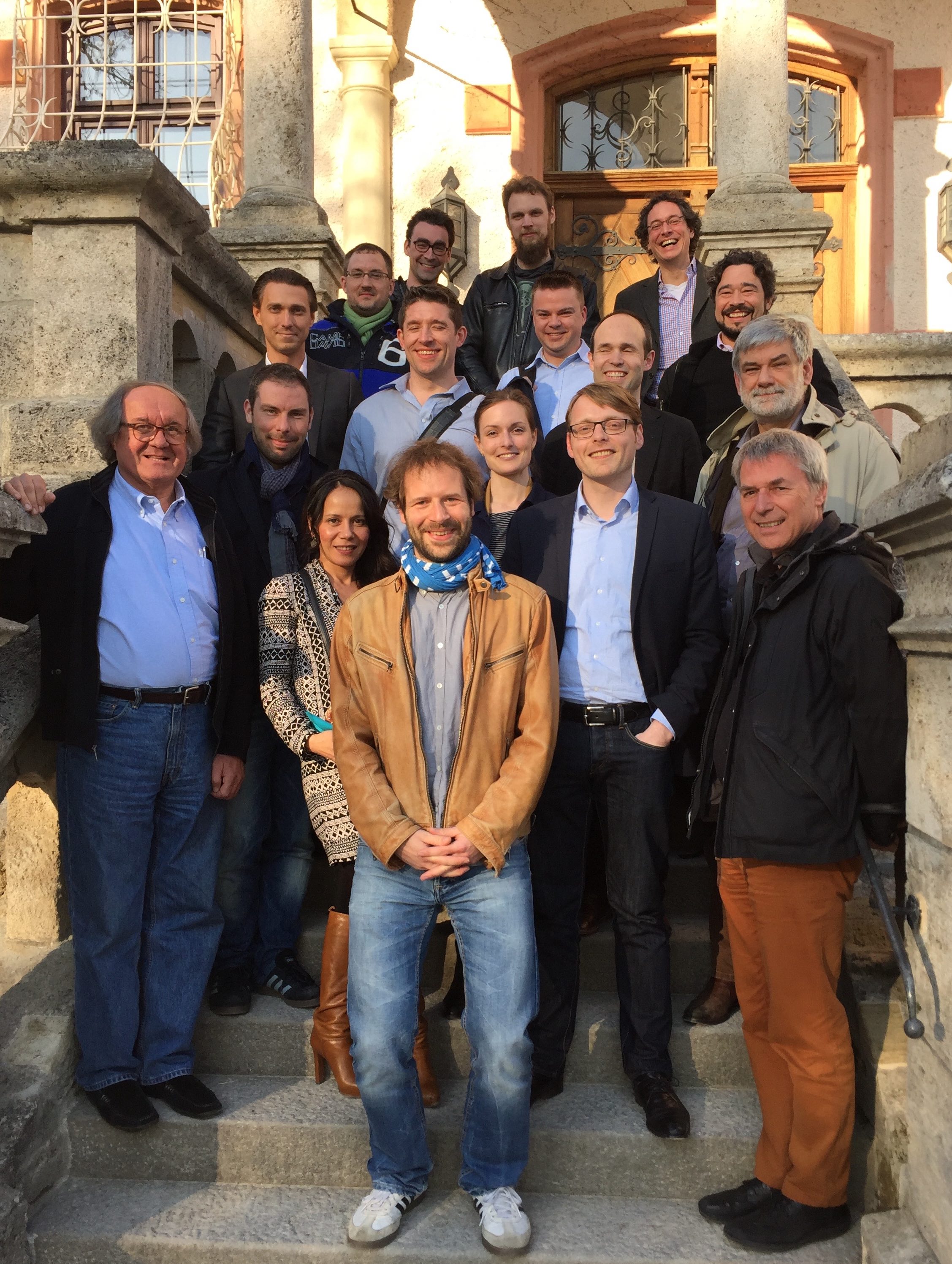 From April 20-21, 2016, a group of about 20 experts from different disciplines came together in Herrsching/Munich for an international workshop on the use of modern smarthphone devices for the research on tinnitus. The topics covered a wide range of important subjects including data protection, research designs, data storage, the benefit for the patient, statistical analysis, ethics, technical details together with the most recent advancements and future research in order to improve our scientific understanding and the treatment for tinnitus patients.
From April 20-21, 2016, a group of about 20 experts from different disciplines came together in Herrsching/Munich for an international workshop on the use of modern smarthphone devices for the research on tinnitus. The topics covered a wide range of important subjects including data protection, research designs, data storage, the benefit for the patient, statistical analysis, ethics, technical details together with the most recent advancements and future research in order to improve our scientific understanding and the treatment for tinnitus patients.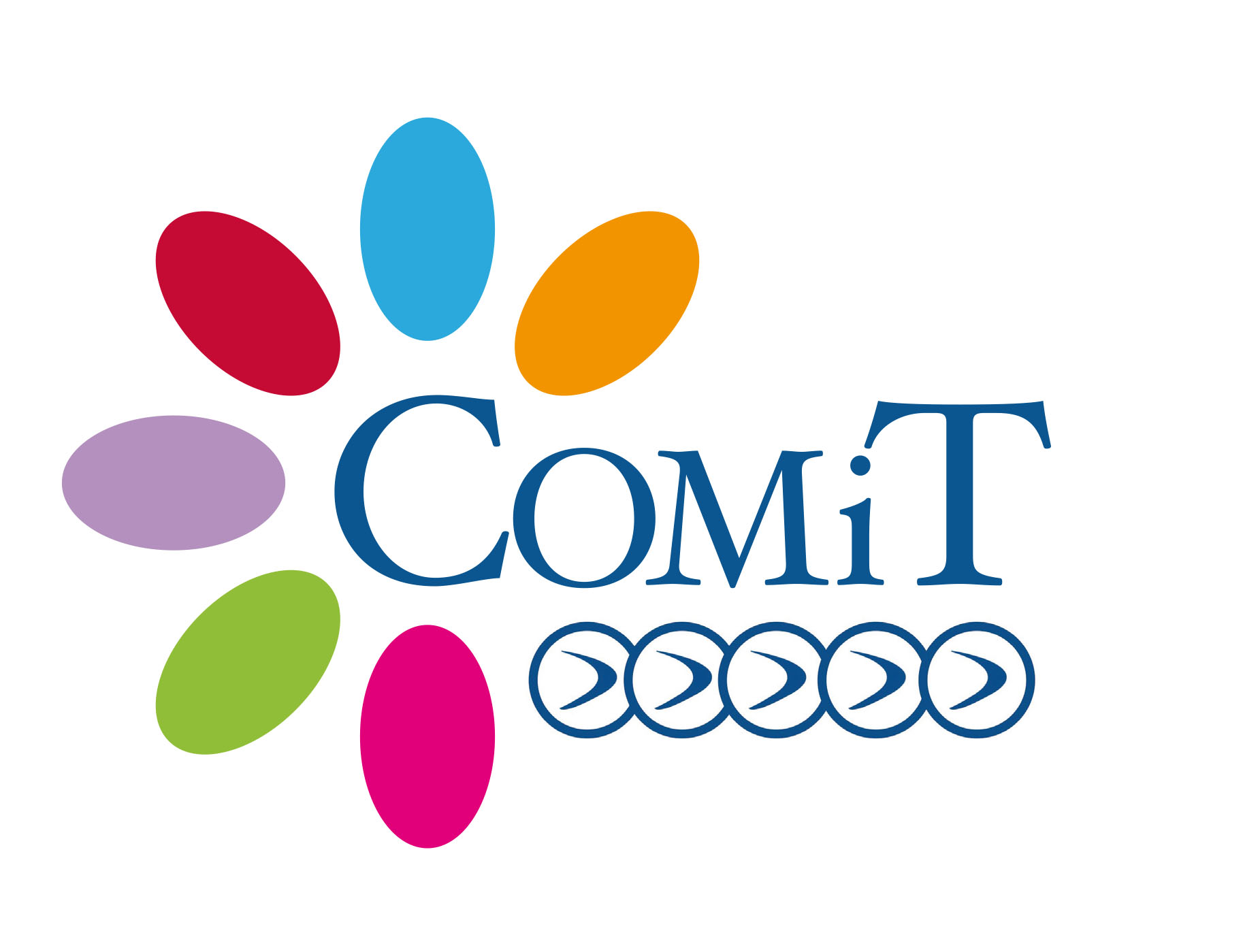 The tinnitus workgroup V for clinical outcome measures has developed a set of recommendations for designing and reporting clinical trials on tinnitus. These recommendations are intended not only for investigators designing and reporting clinical efficacy trials, but also for journal editors and journal reviewers who play an important role in the publication process.
The tinnitus workgroup V for clinical outcome measures has developed a set of recommendations for designing and reporting clinical trials on tinnitus. These recommendations are intended not only for investigators designing and reporting clinical efficacy trials, but also for journal editors and journal reviewers who play an important role in the publication process.
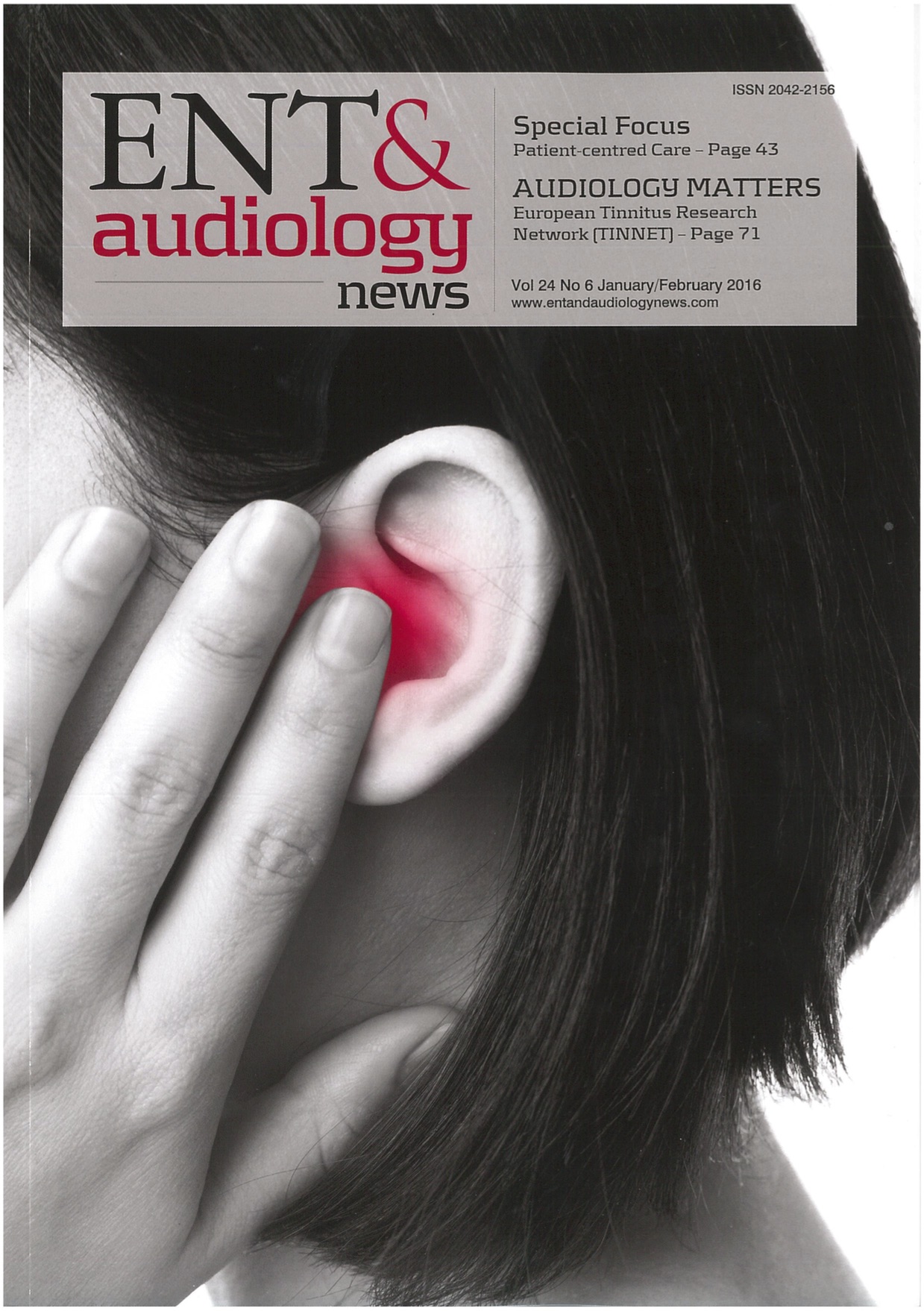 A special issue about TINNET just appeared in the international magazine “ENT & Audiology News” with a series of articles about TINNET. The main focus of these articles is to showcase the recent activities of the EU COST Action TINNET programme across Europe, but tinnitus-related activity led by two key charities is also presented. Thanks a lot to Deborah Hall, who has guest-edited this special issue: ENT & Audiology News, 2016; 24 (6):p.71-100.
A special issue about TINNET just appeared in the international magazine “ENT & Audiology News” with a series of articles about TINNET. The main focus of these articles is to showcase the recent activities of the EU COST Action TINNET programme across Europe, but tinnitus-related activity led by two key charities is also presented. Thanks a lot to Deborah Hall, who has guest-edited this special issue: ENT & Audiology News, 2016; 24 (6):p.71-100.
